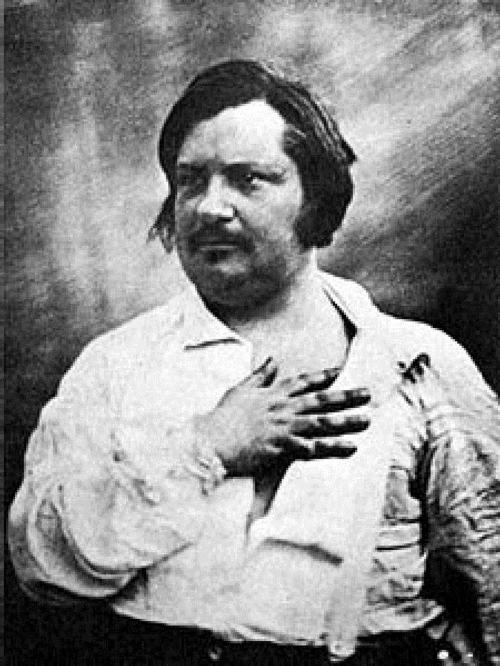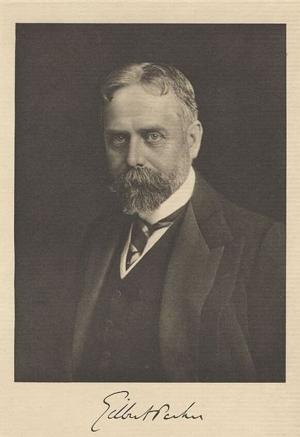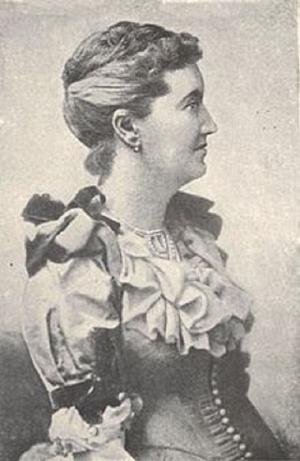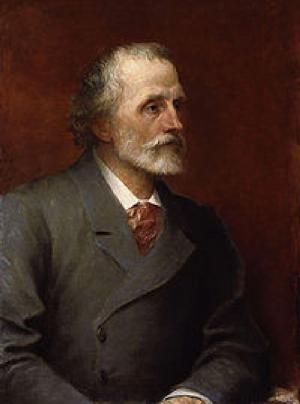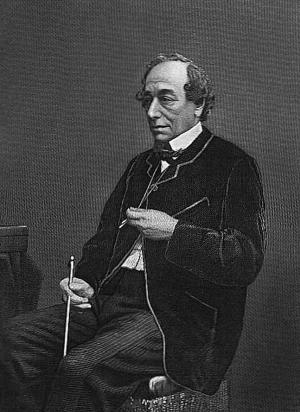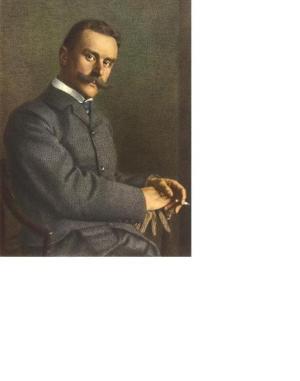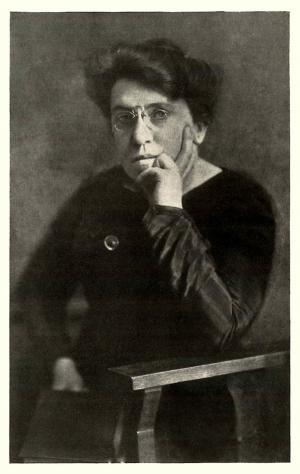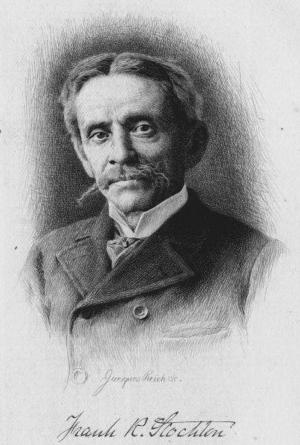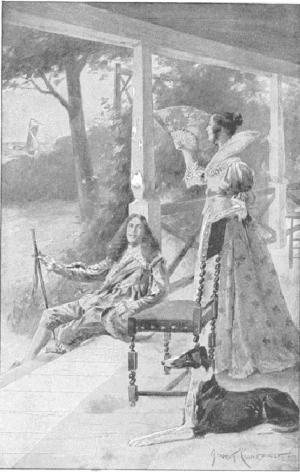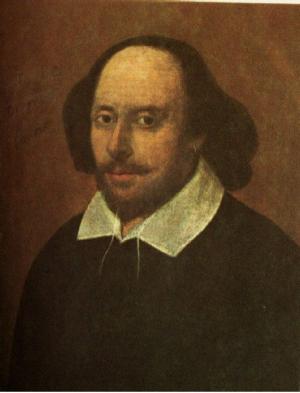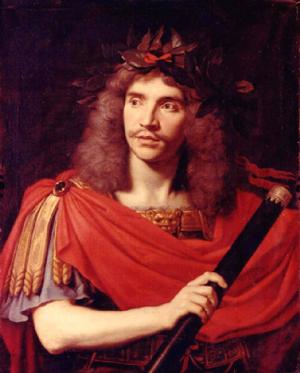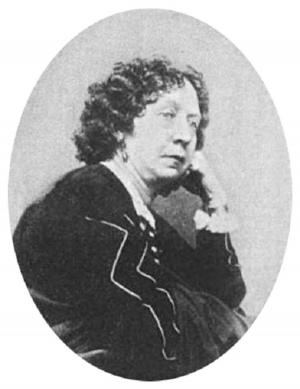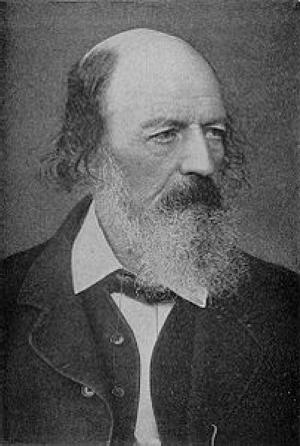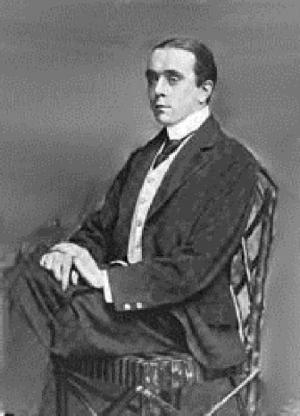| Author: | La Comtesse de Segur | ISBN: | 9781455356751 |
| Publisher: | B&R Samizdat Express | Publication: | December 15, 2009 |
| Imprint: | Language: | English |
| Author: | La Comtesse de Segur |
| ISBN: | 9781455356751 |
| Publisher: | B&R Samizdat Express |
| Publication: | December 15, 2009 |
| Imprint: | |
| Language: | English |
According to Wikipedia: "Sophie Feodorovna Rostopchine, Comtesse de Ségur (August 1, 1799, Saint Petersburg - February 9, 1874, Paris) was a French writer of Russian birth. She is most well-known today for her novel Les Malheurs de Sophie ("Sophie's Misfortunes"). Her family was originally from Mongolia. Her father Feodor Vassilievitch Rostopchine was lieutenant-general and, later, Minister of Foreign Affairs for Russia. In 1812, he was governor of Moscow during the invasion of the Grande Armée under Napoleon I of France. While facts concerning the origin of the great fire of Moscow are disputed by historians, Sophie Rostopchine's father has been said by some to have organized (despite opposition from the wealthy property-owners in the city) the great fire which forced Napoleon to make a disastrous retreat. In 1814 the Rostopchine family left Imperial Russia for exile, going first to the Duchy of Warsaw, then to the German Confederation and the Italian peninsula and finally in 1817 to France under the Bourbon Restoration. In France, the father established a salon, and his wife and daughter converted to Roman Catholicism. It was in her father's salon that Sophie Rostopchine met Comte Eugène de Ségur, whom she married on July 14, 1819. The marriage was largely an unhappy one: her husband was flighty, distant and poor (until being made a Peer of France in 1830), and his infrequent conjugal visits to their château des Nouettes (near L'Aigle, Orne) produced eight children (Eugène de Ségur is said to have called his wife "la mère Gigogne", or "Mother Gigogne" in reference to wooden Russian dolls that nest one inside the other). The Comtesse de Ségur wrote her first novel at the age of 58."
According to Wikipedia: "Sophie Feodorovna Rostopchine, Comtesse de Ségur (August 1, 1799, Saint Petersburg - February 9, 1874, Paris) was a French writer of Russian birth. She is most well-known today for her novel Les Malheurs de Sophie ("Sophie's Misfortunes"). Her family was originally from Mongolia. Her father Feodor Vassilievitch Rostopchine was lieutenant-general and, later, Minister of Foreign Affairs for Russia. In 1812, he was governor of Moscow during the invasion of the Grande Armée under Napoleon I of France. While facts concerning the origin of the great fire of Moscow are disputed by historians, Sophie Rostopchine's father has been said by some to have organized (despite opposition from the wealthy property-owners in the city) the great fire which forced Napoleon to make a disastrous retreat. In 1814 the Rostopchine family left Imperial Russia for exile, going first to the Duchy of Warsaw, then to the German Confederation and the Italian peninsula and finally in 1817 to France under the Bourbon Restoration. In France, the father established a salon, and his wife and daughter converted to Roman Catholicism. It was in her father's salon that Sophie Rostopchine met Comte Eugène de Ségur, whom she married on July 14, 1819. The marriage was largely an unhappy one: her husband was flighty, distant and poor (until being made a Peer of France in 1830), and his infrequent conjugal visits to their château des Nouettes (near L'Aigle, Orne) produced eight children (Eugène de Ségur is said to have called his wife "la mère Gigogne", or "Mother Gigogne" in reference to wooden Russian dolls that nest one inside the other). The Comtesse de Ségur wrote her first novel at the age of 58."
